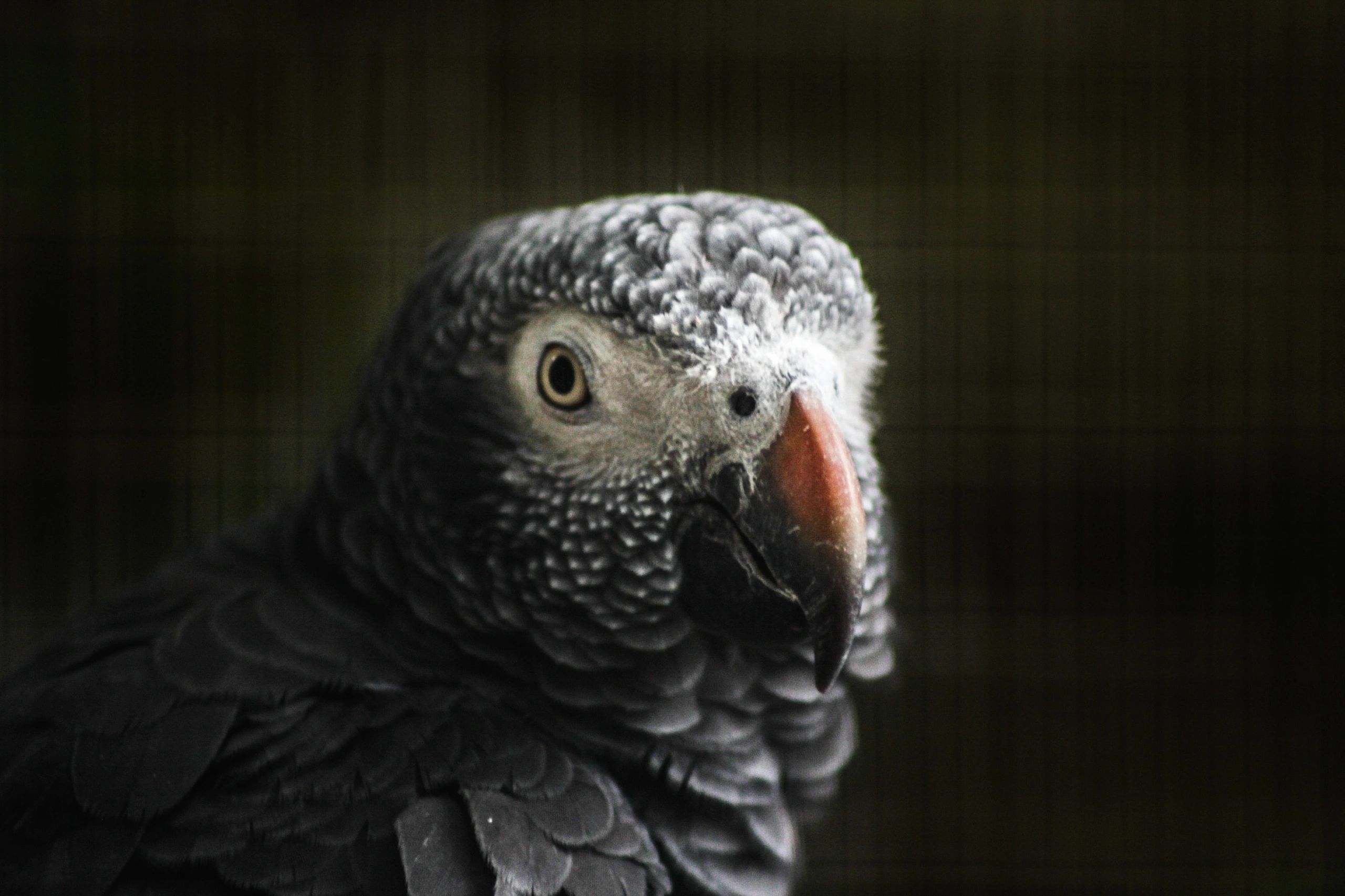Hello everyone.
I have been the owner of my green IRN Chief for about 6 months now and I just don't know what to do anymore. I'm finding him impossible to tame in any way.
If I try target training, he flees the stick, if I feed him treats, he snatches them and runs off to his corner; he used to put one foot on my hand to take them but not anymore. If I place my hand in his cage he starts to flap and fly so violently he pants and it becomes dangerous to continue.
I have received many tips, but I think I need to be in constant contact with an experienced IRN tamer. If anyone can offer even more help, or is willing to communicate on a daily basis, don't hesitate to comment
I have been the owner of my green IRN Chief for about 6 months now and I just don't know what to do anymore. I'm finding him impossible to tame in any way.
If I try target training, he flees the stick, if I feed him treats, he snatches them and runs off to his corner; he used to put one foot on my hand to take them but not anymore. If I place my hand in his cage he starts to flap and fly so violently he pants and it becomes dangerous to continue.
I have received many tips, but I think I need to be in constant contact with an experienced IRN tamer. If anyone can offer even more help, or is willing to communicate on a daily basis, don't hesitate to comment

